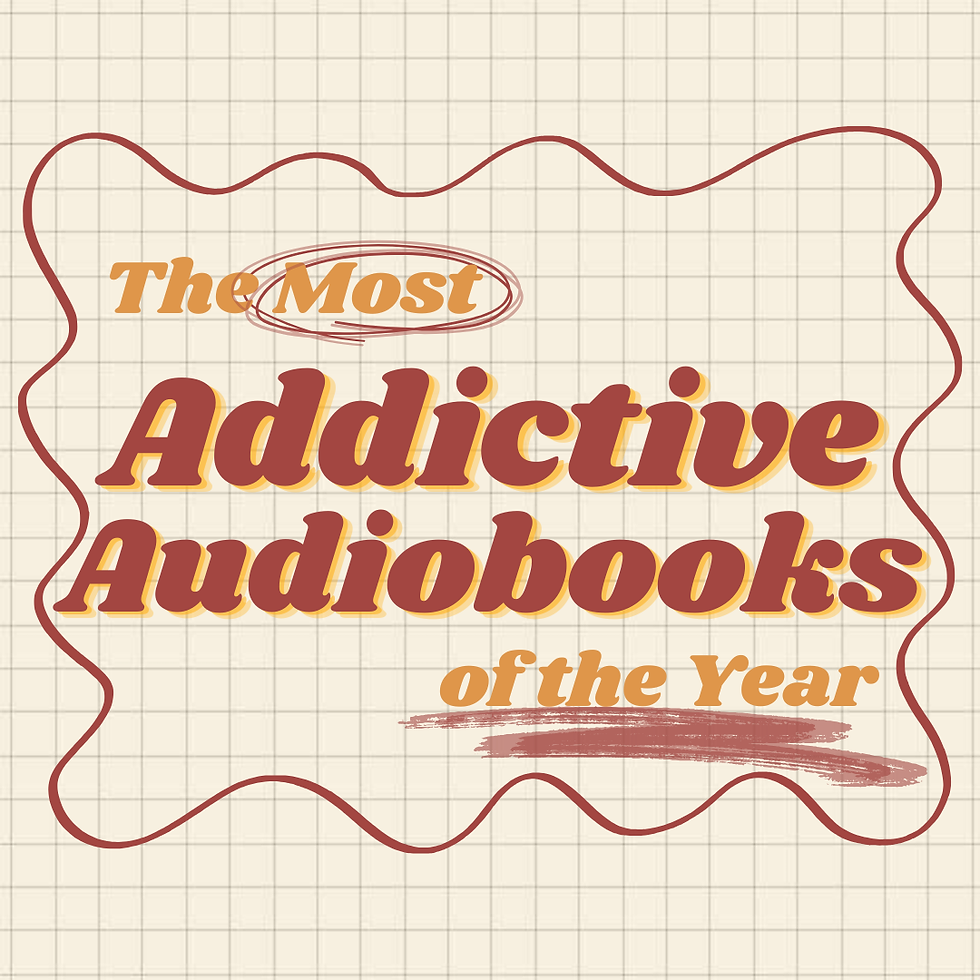Bluemoose Books - The Independent Publishing House Disrupting Industry Rules
- The Publishing Post

- Aug 30, 2023
- 3 min read
By Alice Fusai, Frankie Harnett and Laura Ingate
Want to read more?
Subscribe to thepublishingpost.com to keep reading this exclusive post.








